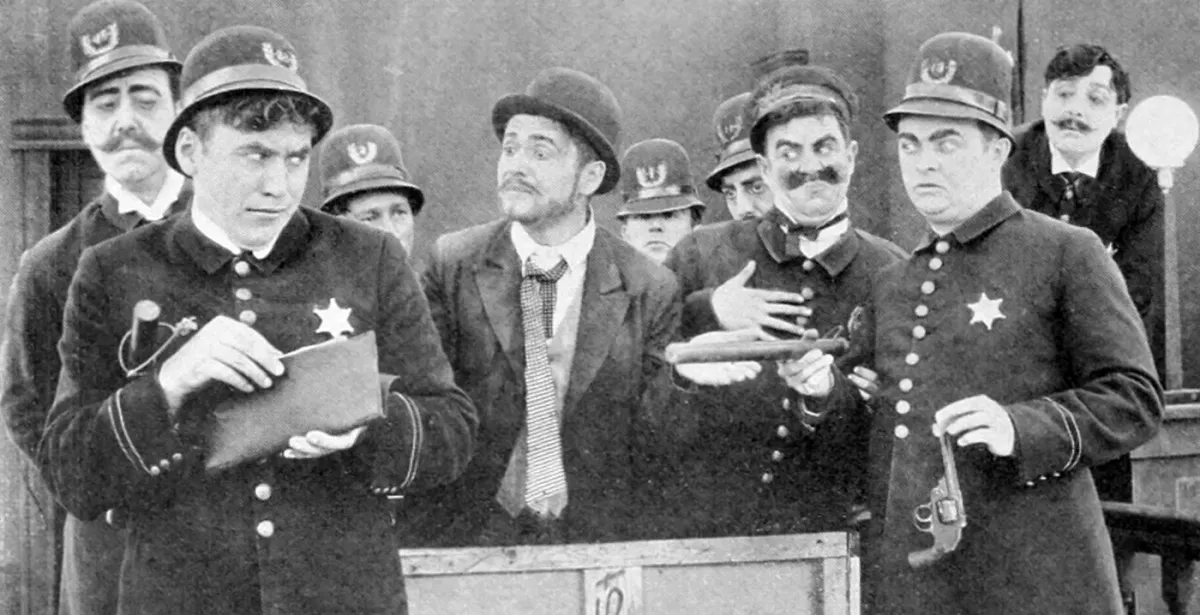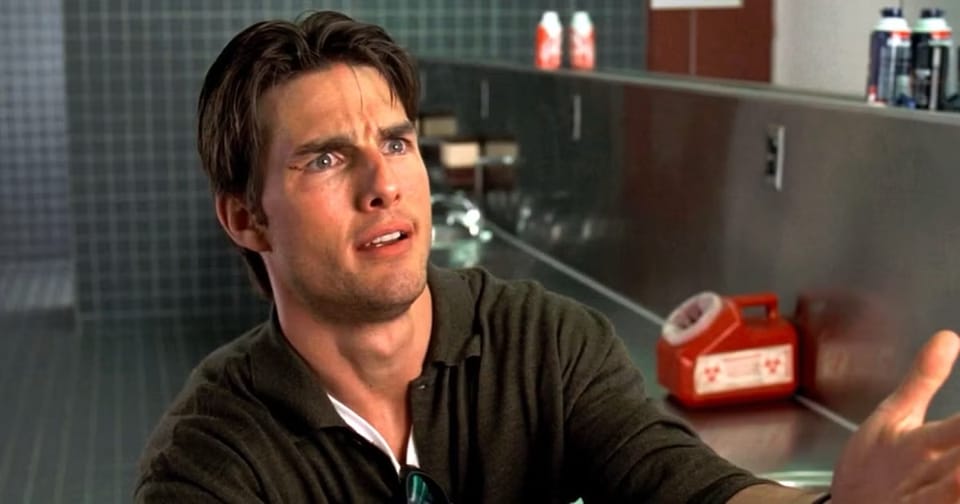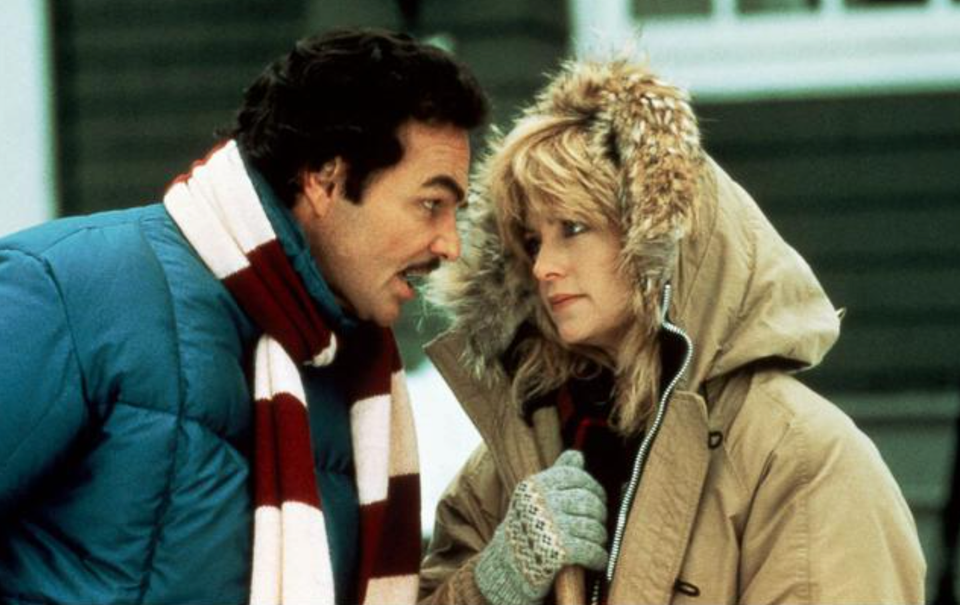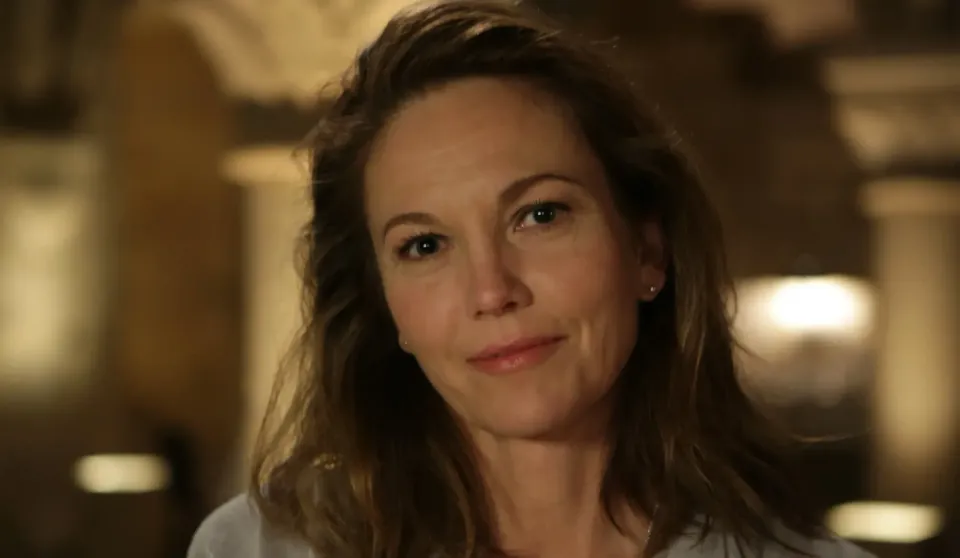My first big development deal: None of us knew what we were doing.
The second script I ever sold was to a studio with an A-List actor attached through his producing deal on the lot. The lots were full of producer deals back then. My agent actually hated this script and told me to put it on a shelf somewhere and pretend it didn’t exist.

The Story and Plot Weekly Email is published every Tuesday morning. Don't miss another one.
The second script I ever sold was to a studio with an A-List actor attached through his producing deal on the lot. The lots were full of producer deals back then. My agent actually hated this script and told me to put it on a shelf somewhere and pretend it didn’t exist. Lucky for me, a bigger agent at the agency got a hold of it and thought it would be perfect for his just new-to-the-A-List client. We sold it to the studio within two weeks. That’s the power of having the right agent’s attention.
Now, the script was flawed. But it didn’t matter. It had some great scenes and some great characters and in those days, studios developed material. So we closed the deal, I got a nice piece on the cover of Variety calling me “Texas playwright Tom Vaughan,” which made me very happy, and I was more convinced than ever that I was a better writer than I actually was.
Did I mention the script was flawed?
Well, it was, and after celebrating our awesomeness, it was time to get to work. There was the young cocky studio exec who was very adamant about letting you know how young he was at his position, the producer who I liked and still call a friend, the A-list actor, his producing partner, and a younger studio creative executive. We were all 30ish or younger and we really thought we knew what we were doing. Why? Because we were getting paid like it, so we must, right?
Our development meetings were essentially people pitching ideas of how to make the 2nd half work like we were pitching episodes to a tv show. Some ideas were better than others, and we wrote a new draft and I got my health insurance for another year. Then the next draft was, “Well that didn’t work, what other ideas are there?” And another round of pitching episodes to fix our feature film. There was the last step of the deal and the project died in development. Twenty years later the studio still owns it, and I bet no one even remembers that project, but me.
At the time, I chalked it up to, “Well, we just couldn’t crack it,” Like we just ran out of time or something. But a few years ago, after over two decades in this business, it suddenly occurred to me why that project died.
It died because none of us knew what the hell we were doing.
Despite all the money everyone in the room was making, despite all the industry clout, no one actually knew how to develop material. Not me, not the exec, not the actor, no one. Don’t get me wrong, these were smart, talented people, who did the bulk of their jobs extremely well. Just not this particularly crucial part. And to make it worse, we didn’t know that we didn’t know.
No one had a system in place. No one knew what questions to ask, no one had a shared definition of story, let alone a shared value system about it. We were all reduced to, “I like this. I don’t like that.” There was no forward momentum, no idea where we wanted to go.
That “throw it up against the wall” style of development leaves everything to chance. Maybe you’ll figure it out, most likely you won’t. I always wondered how much the failure rate in studio development that lead to studios giving up on it was attributable to so few people being genuinely good at it. But who is there to teach them? What kind of training do they have? (This is the reason I encourage young creative execs to take my classes. It gives them a substantial competitive advantage to have a consistent and repeatable approach to developing material.)
I didn’t have a system myself until six or seven years as a professional. It took that long to 1) Acquire a repeatable approach to developing material, 2) Realize I didn’t have one before! As I started teaching what I had learned over the years, it also motivated me to remain a student and so I kept refining that process.
The others in that room continued their success. An Oscar, producing major franchises, each person learned this part of their job well, as have I. We just didn’t know how to do it at the time.
What I have concluded since is that, until proven otherwise, you have to assume no one else has a process. Most people think, “good taste” means they’re good at developing material. It doesn’t. Lyndsey Doran has a funny story of Sydney Pollack observing that every potential executive he interviews thinks they’re great at story. Every single one! Why? My theory is that they think it’s about “taste.” And who thinks they have bad taste?
If you’re the only one in the room with a process, you have to lead, even if you’re the lowly writer. Most people don’t want the lowly writer leading the meetings, so you have to lead the development and find out what they want, without letting them know you’re leading the development. You know how you direct the movie on the page, but don’t let anyone know you’re directing the movie on the page? Like that.
Now if you’re working with someone who does have a process and knows what they want? Well, hallelujah! Let them lead. Let them do their job and rejoice. You will do your job much better because of it.
But either way, someone in the room needs a repeatable process to have any consistency in developing material. Someone has to know what they’re doing.
The Story and Plot Weekly Email is published every Tuesday morning. Don't miss another one.
When you're ready, these are ways I can help you:
WORK WITH ME 1:1
1-on-1 Coaching | Screenplay Consultation
TAKE A COURSE
Mastering Structure | Idea To Outline




